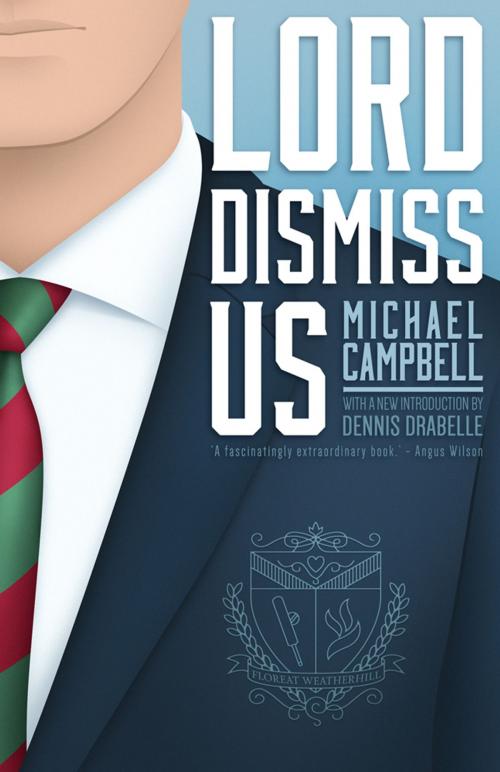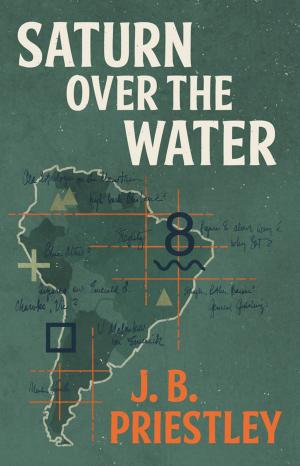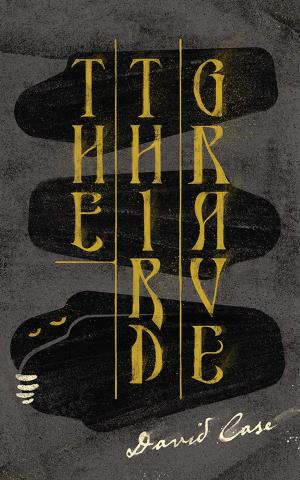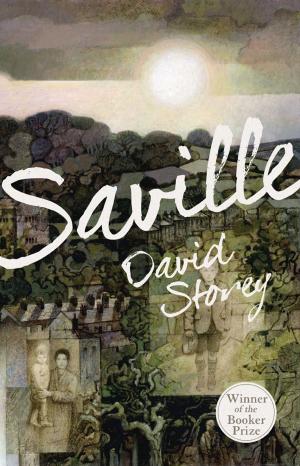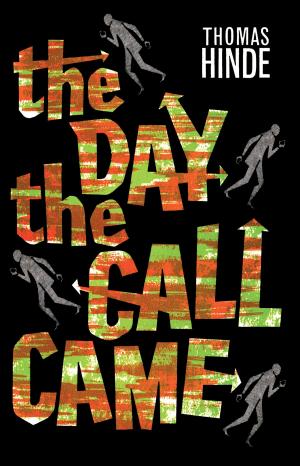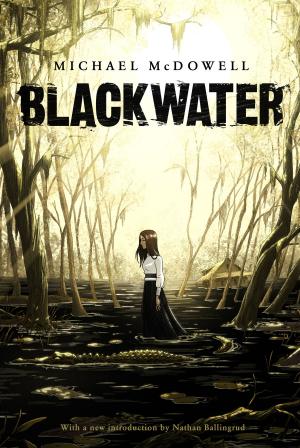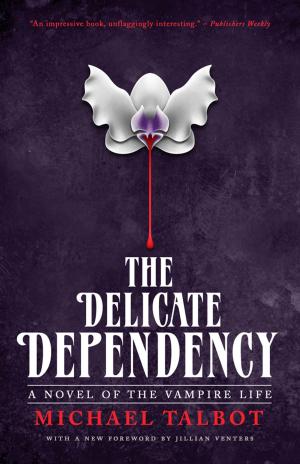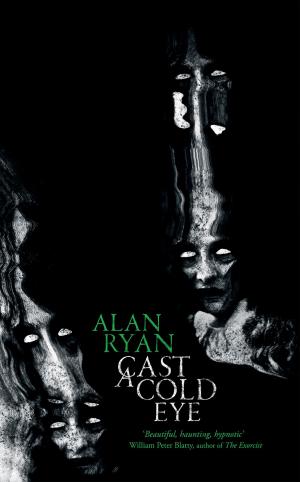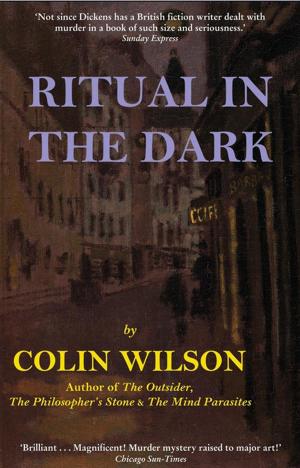| Author: | Michael Campbell, Dennis Drabelle | ISBN: | 1230000257160 |
| Publisher: | Valancourt Books | Publication: | August 3, 2014 |
| Imprint: | Language: | English |
| Author: | Michael Campbell, Dennis Drabelle |
| ISBN: | 1230000257160 |
| Publisher: | Valancourt Books |
| Publication: | August 3, 2014 |
| Imprint: | |
| Language: | English |
'This is a fascinatingly extraordinary book which combines the force of Decline and Fall, the Gothic enormities of the Powys brothers, and conveys them with that innate compassion for adolescence that marked Iris Murdoch's The Bell.' - Angus Wilson
'I admire Lord Dismiss Us as a brilliant work of art and I enjoyed it so much that I hated to finish it.' - Christopher Isherwood
'Marvellous. I read it very slowly because I was enjoying it so much. I think it achieves a sort of tragic beauty and it is really about love, which all novels profess to be about, but hardly any are.' - Iris Murdoch
'A remarkable evocation of the process of growing up and the ghastly but somehow paradisal closed world of school. I admire particularly the extreme economy of the writing and the way in which the characters are limned chiefly by what they say-the true way of fiction, the dramatic way.... [A] very good novel indeed.' - Anthony Burgess
'[T]he humorous is nicely balanced with the serious. The characters are not mere targets for the author's wit, but people who might do something unexpected if the author took his eye off them.... What an extraordinary world Mr Campbell has brought to life!' - Irish Times
'Simply the best novel by Michael Campbell to date.... The terrible claustrophobic atmosphere of private education is caught to the life, or death.' - Observer
'[M]oving and fine ... the comedy makes the strongest impression ... extremely funny and ... deeply authentic.' - New York Times
Mr Crabtree has just arrived to take over as headmaster at Weatherhill, an English public school whose reputation is on the decline, and with the help of his meddlesome wife and odious daughter, he is determined to turn things around. But Crabtree is totally devoid of either sympathy or understanding and his misguided efforts lead to hilarious disasters, such as when he invites a girls' school for tea to try to woo the boys from their 'unnatural ways'. Meanwhile, Mrs Crabtree is infatuated with the chaplain, whose sermons about 'the burning fire' are a source of constant merriment to the boys, and Dr Kingsly is arranging the annual school play, not thinking of how the homophobic Crabtree will react to seeing the boys dressed as girls. Yet mixed with the comedy are two private tragedies: Eric Ashley, a brilliant young teacher, is struggling to come to grips with his homosexuality, and Carleton, a senior boy, finds himself strangely drawn to Allen, a fellow member of the cricket team. It all moves inexorably towards a tremendously funny and heartbreakingly sad final day of the school year, when the titular hymn will be sung and more than one character will leave Weatherhill forever....
Widely praised on its initial publication, Lord Dismiss Us (1967) is reprinted here for the first time in three decades. This edition includes a new introduction by Dennis Drabelle, award-winning critic and contributing editor to The Washington Post Book World.
'This is a fascinatingly extraordinary book which combines the force of Decline and Fall, the Gothic enormities of the Powys brothers, and conveys them with that innate compassion for adolescence that marked Iris Murdoch's The Bell.' - Angus Wilson
'I admire Lord Dismiss Us as a brilliant work of art and I enjoyed it so much that I hated to finish it.' - Christopher Isherwood
'Marvellous. I read it very slowly because I was enjoying it so much. I think it achieves a sort of tragic beauty and it is really about love, which all novels profess to be about, but hardly any are.' - Iris Murdoch
'A remarkable evocation of the process of growing up and the ghastly but somehow paradisal closed world of school. I admire particularly the extreme economy of the writing and the way in which the characters are limned chiefly by what they say-the true way of fiction, the dramatic way.... [A] very good novel indeed.' - Anthony Burgess
'[T]he humorous is nicely balanced with the serious. The characters are not mere targets for the author's wit, but people who might do something unexpected if the author took his eye off them.... What an extraordinary world Mr Campbell has brought to life!' - Irish Times
'Simply the best novel by Michael Campbell to date.... The terrible claustrophobic atmosphere of private education is caught to the life, or death.' - Observer
'[M]oving and fine ... the comedy makes the strongest impression ... extremely funny and ... deeply authentic.' - New York Times
Mr Crabtree has just arrived to take over as headmaster at Weatherhill, an English public school whose reputation is on the decline, and with the help of his meddlesome wife and odious daughter, he is determined to turn things around. But Crabtree is totally devoid of either sympathy or understanding and his misguided efforts lead to hilarious disasters, such as when he invites a girls' school for tea to try to woo the boys from their 'unnatural ways'. Meanwhile, Mrs Crabtree is infatuated with the chaplain, whose sermons about 'the burning fire' are a source of constant merriment to the boys, and Dr Kingsly is arranging the annual school play, not thinking of how the homophobic Crabtree will react to seeing the boys dressed as girls. Yet mixed with the comedy are two private tragedies: Eric Ashley, a brilliant young teacher, is struggling to come to grips with his homosexuality, and Carleton, a senior boy, finds himself strangely drawn to Allen, a fellow member of the cricket team. It all moves inexorably towards a tremendously funny and heartbreakingly sad final day of the school year, when the titular hymn will be sung and more than one character will leave Weatherhill forever....
Widely praised on its initial publication, Lord Dismiss Us (1967) is reprinted here for the first time in three decades. This edition includes a new introduction by Dennis Drabelle, award-winning critic and contributing editor to The Washington Post Book World.
